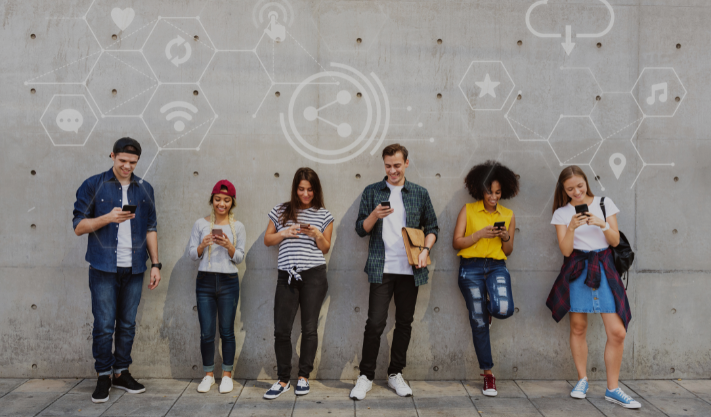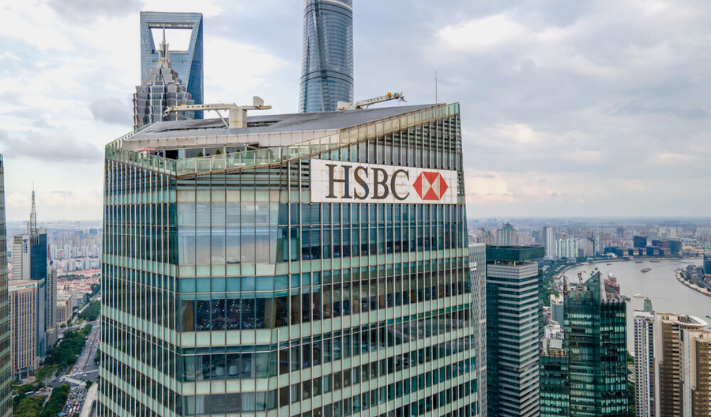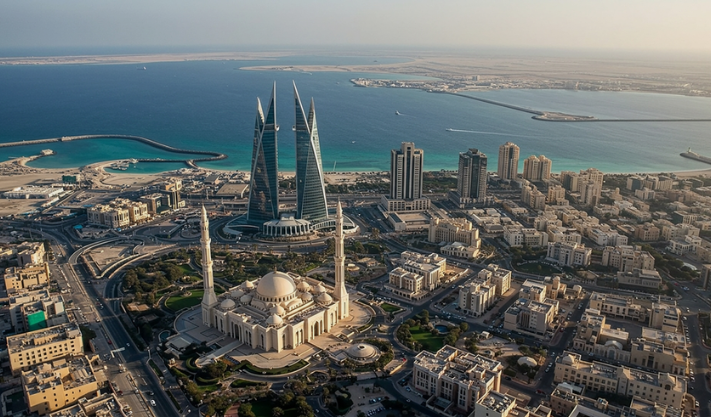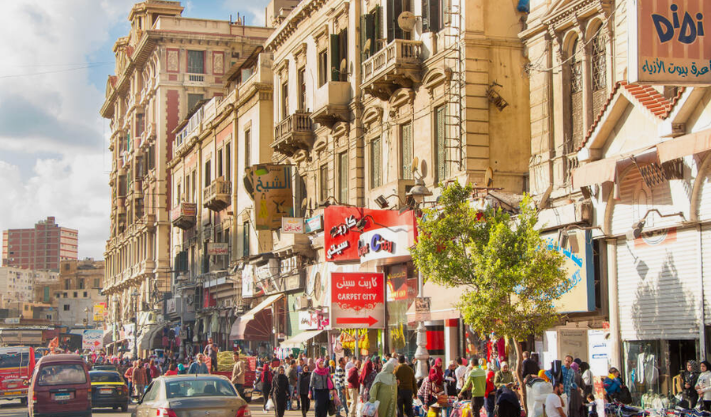The Global Impact of Social Media on Cultural Movements
In the last two decades, social media has transformed the way people communicate, share ideas, and mobilize. Platforms like Facebook, Instagram, Twitter, TikTok, and others have become powerful tools that transcend borders, enabling cultural movements to flourish and spread at an unprecedented pace. This digital revolution has reshaped the global cultural landscape, influencing everything from social justice initiatives to the rise of subcultures, and enabling marginalized voices to be heard more widely. In this article, we’ll explore how social media has impacted cultural movements around the world.
1. Facilitating Global Connectivity
Social media platforms have fundamentally changed the way individuals across the globe can connect, engage, and mobilize. Cultural movements, which were once confined to specific regions or countries, now have the potential to reach a global audience in real-time. Activists, artists, and cultural leaders no longer need to rely on traditional media outlets to amplify their voices. Instead, they can use platforms like Twitter or Instagram to share their messages and create a viral presence.
For instance, the #MeToo movement, which gained global momentum in 2017, began as a hashtag on Twitter and quickly spread across borders. Survivors of sexual harassment and assault from diverse cultural backgrounds shared their stories, forming a worldwide solidarity network. Similarly, the Black Lives Matter movement gained significant international attention through social media, with protests and conversations happening across continents, from the United States to Europe, and even to Africa and Asia.
2. Shaping Cultural Identity and Expression
Social media has also provided individuals and groups with a platform to express their cultural identities. It has allowed people from various backgrounds to share their traditions, language, fashion, music, and art in ways that were not possible before the digital age. Cultural movements that highlight the importance of diversity, inclusivity, and representation have flourished, and these movements often begin as online communities before expanding into the real world.
One notable example is the rise of “Afro-futurism” on platforms like Instagram, where artists, designers, and influencers from African diasporas have embraced this genre of speculative fiction that blends African cultural heritage with futuristic themes. This has helped redefine how African culture is portrayed globally, creating a new sense of pride and empowerment within the community.
Social media also plays a pivotal role in how younger generations are exposed to new cultures and ideas. Platforms like TikTok allow people to create viral trends based on different cultural aesthetics, which in turn encourages others to experiment and engage with various forms of cultural expression.
3. Raising Awareness for Social Justice Causes
Perhaps one of the most significant ways social media has influenced cultural movements is by raising awareness for social justice causes. The ability to broadcast issues like racial inequality, gender discrimination, and LGBTQ+ rights to a global audience has sparked widespread activism and solidarity. Social media has become a rallying cry for marginalized communities, providing them with a digital megaphone to demand change and accountability from governments and institutions.
The Arab Spring, a series of pro-democracy uprisings that began in 2010, is an example of how social media can play a crucial role in mobilizing a cultural and political revolution. Protestors in Tunisia, Egypt, and other parts of the Arab world used Twitter and Facebook to organize, share information, and expose human rights abuses in real-time. This ability to share firsthand accounts with the world helped shift the narrative and gain international support.
In the same vein, social media has been instrumental in the fight for climate change awareness. Movements like Fridays for Future, led by Greta Thunberg, have gained millions of followers across various social platforms, bringing attention to the urgency of environmental action on a global scale.
4. Empowering Influencers and Grassroots Movements
The democratization of media brought on by social media has shifted the balance of power away from traditional gatekeepers like corporations, governments, and large media conglomerates. Now, anyone with a smartphone and internet connection can create content, build a following, and potentially spark a cultural revolution.
This has led to the rise of influencers—individuals who have gained a substantial following online and can shape trends, opinions, and even social movements. Many influencers leverage their platforms to raise awareness of issues ranging from body positivity to mental health. For example, the #BodyPositivity movement has been championed by influencers who use Instagram and TikTok to promote self-love, inclusivity, and the acceptance of diverse body types.
Additionally, grassroots movements have flourished in a digital age where it’s easier than ever to organize and spread information. Crowdfunding platforms like GoFundMe, combined with social media outreach, have enabled small organizations and individuals to raise significant funds for cultural causes that may otherwise go unnoticed.
5. Challenges and Criticism
While social media has empowered cultural movements in many ways, it also poses significant challenges. The spread of misinformation, online harassment, and digital surveillance can undermine efforts to create positive change. Algorithms on platforms like Facebook and YouTube often prioritize sensational or divisive content, which can distort the narratives surrounding cultural movements. Additionally, the speed at which information spreads can sometimes make it harder to control the message and ensure that it remains grounded in truth.
Moreover, the focus on performative activism—where individuals or companies express support for movements online but do not follow through with real-world action—has also become a significant concern. Critics argue that social media activism can sometimes serve as a means of self-promotion rather than a genuine desire to bring about lasting change.
Conclusion
Social media has undeniably had a profound impact on cultural movements worldwide. By enabling unprecedented connectivity, amplifying marginalized voices, and fostering global solidarity, social media has played a central role in shaping cultural and social movements in the 21st century. While there are challenges associated with this new digital landscape, there is no doubt that the power of social media in promoting cultural awareness, social justice, and global change will continue to evolve in the years to come. The digital age has made it possible for individuals, communities, and movements to engage with one another in ways that were once unimaginable, leading to a more interconnected and culturally diverse world.
Published: 9th June 2025
For more article like this please follow our social media Facebook, Linkedin & Instagram
Also Read:
Jordan’s First FIFA World Cup Spot Secured with 3-0 Win
IEA: Global energy spending to hit $3.3T in 2025
Over 1.5 Million Pilgrims Arrive in Saudi Arabia for Hajj





